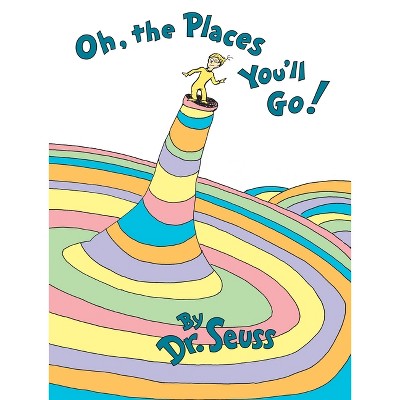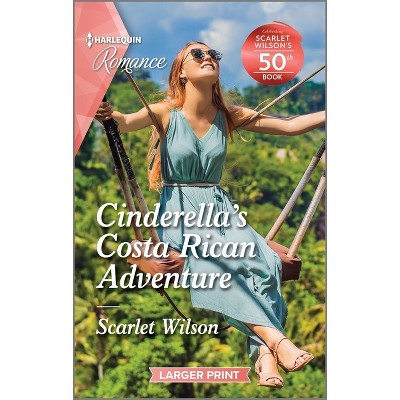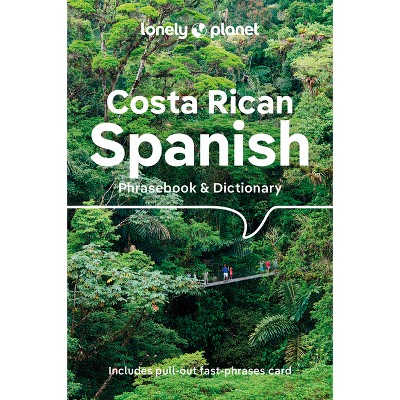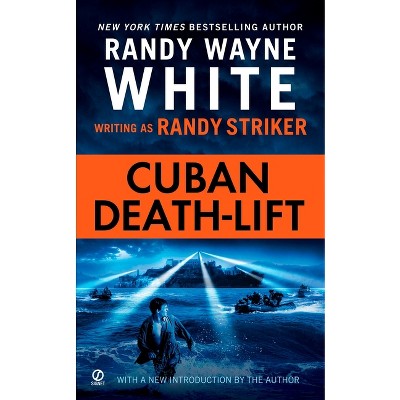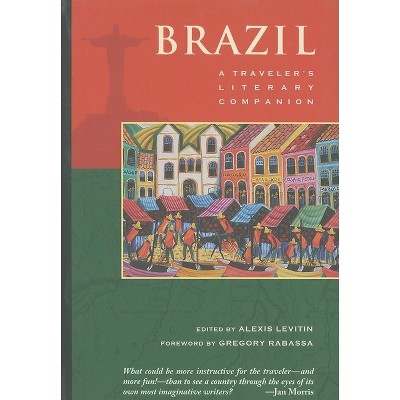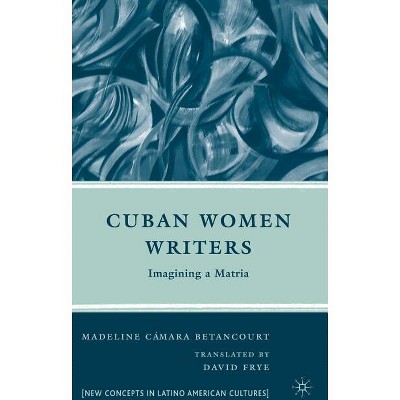Ashé-Caribbean Literary Aesthetic in the Cuban, Colombian, Costa Rican, and Panamanian Novel of Resistance - by Thomas Wayne Edison (Hardcover)

About this item
Highlights
- This book contributes to understanding the important role that African-influenced spiritualcultures play in literature that challenges the concept that European aesthetics are superior to African-inspired cultures.
- About the Author: Thomas Wayne Edison is associate professor of Spanish in the Department of Classical and Modern Languages at the University of Louisville.
- 314 Pages
- Literary Criticism, Caribbean & Latin American
Description
About the Book
This book contributes to understanding the important role that African-influenced spiritual cultures play in literature that challenges the concept that European aesthetics are superior to African-inspired cultures.Book Synopsis
This book contributes to understanding the important role that African-influenced spiritual
cultures play in literature that challenges the concept that European aesthetics are superior to African-inspired cultures.
Review Quotes
Edison honors the ancestors, academic and spiritual. His idea of ashé aesthetics combines Yoruba- and Bantu-derived concepts of faith, death, time, music, and language with a literary and critical dialogue that spans Carpentier and the pioneers of US Afro-Hispanism to today's critical rediscovery of Zapata, showing that the African diaspora unites diverse generations, nations, and communities.
In this book, Thomas W. Edison argues convincingly in support of the importance of the philosophical concept of Ashe' to the worldviews of the selected Cuban and Afro-Hispanic authors. Ashe', in this context, underscores the resistance to the oppression and dehumanization of black peoples and is an integral component of the cultural maroonage that has sustained them throughout the African Diaspora. Ashé-Caribbean Literary Aesthetic in the Cuban, Colombian, Costa Rican, and Panamanian Novel of Resistance is original, thoroughly researched, meticulously documented, and represents an excellent example of literary intertextually in critical practice.
About the Author
Thomas Wayne Edison is associate professor of Spanish in the Department of Classical and Modern Languages at the University of Louisville.
